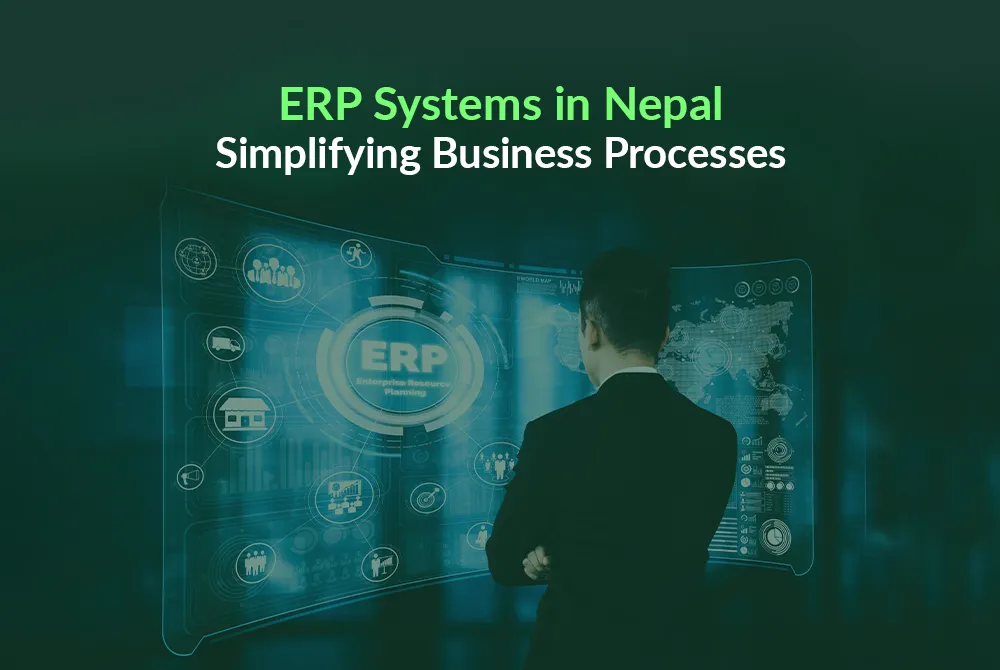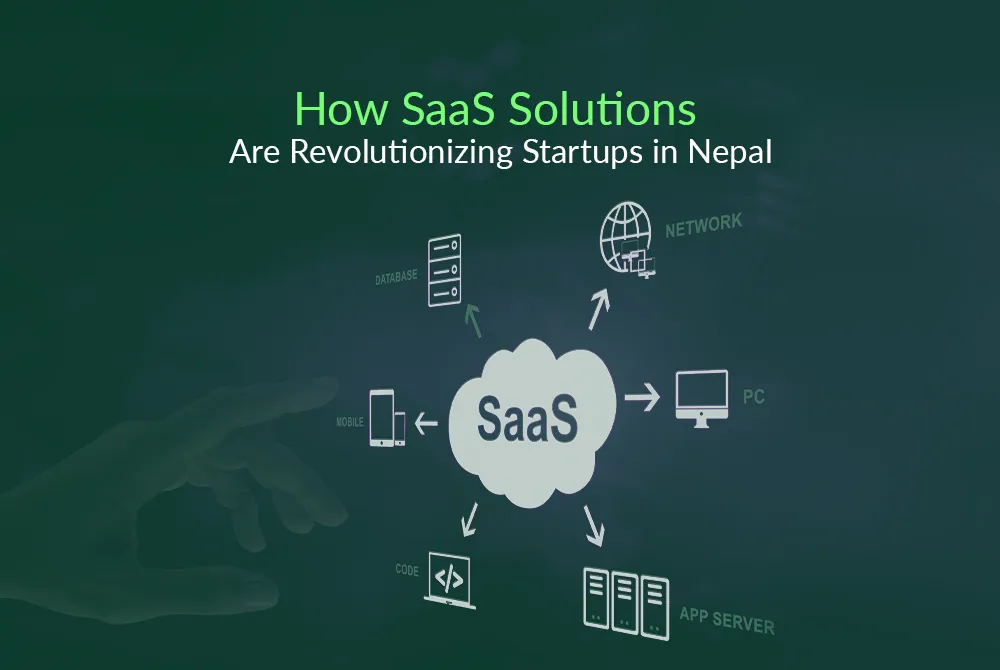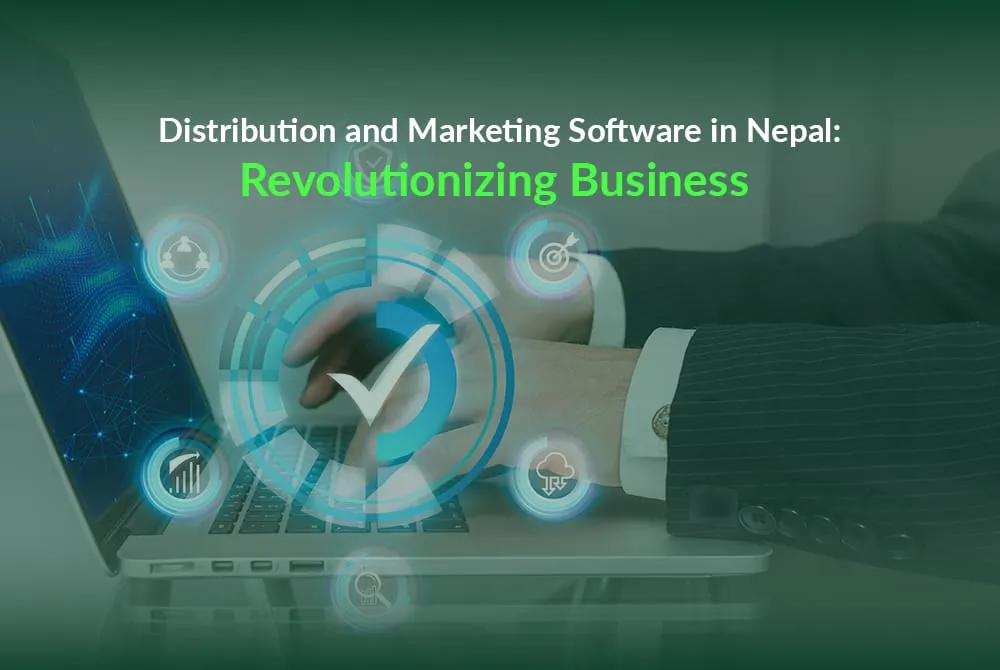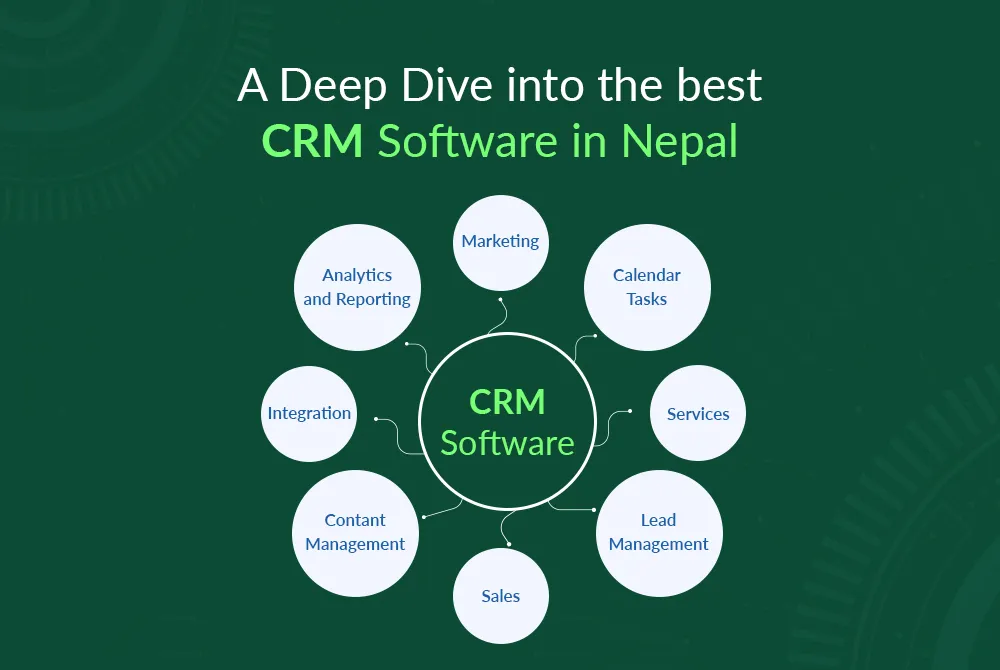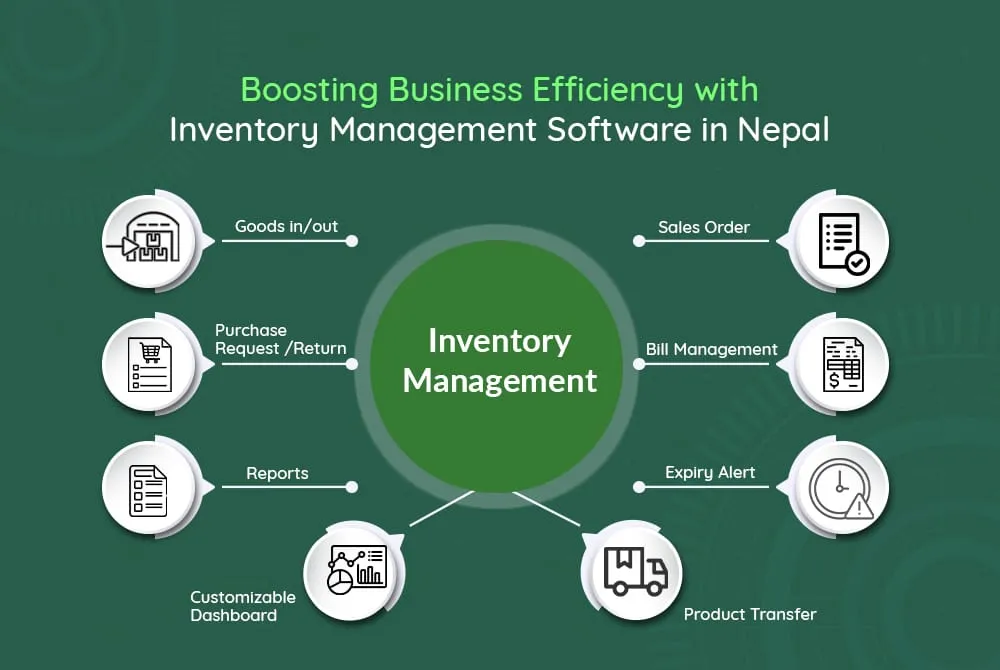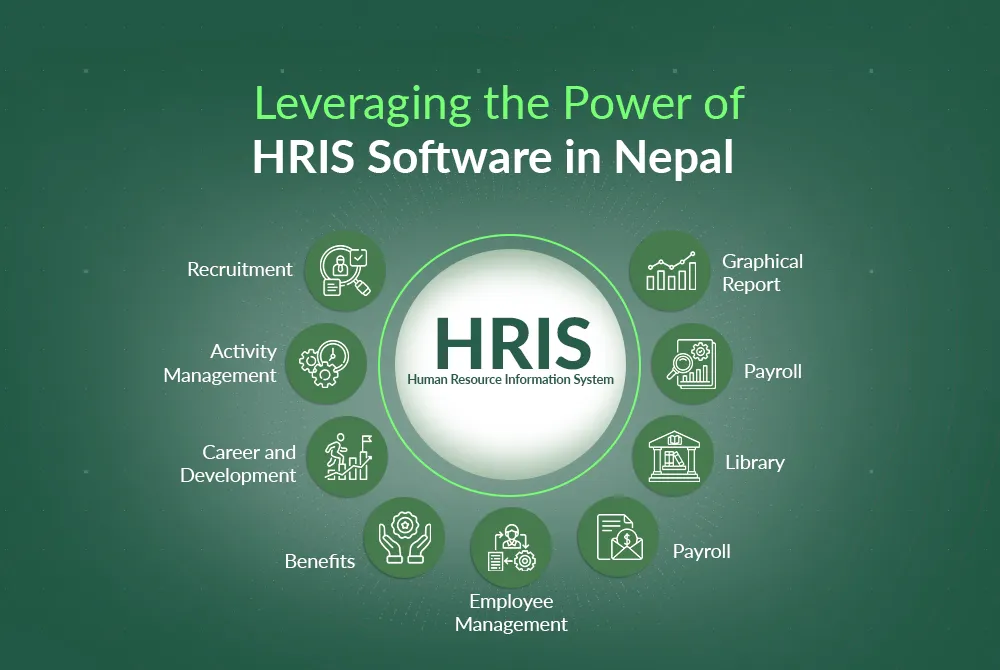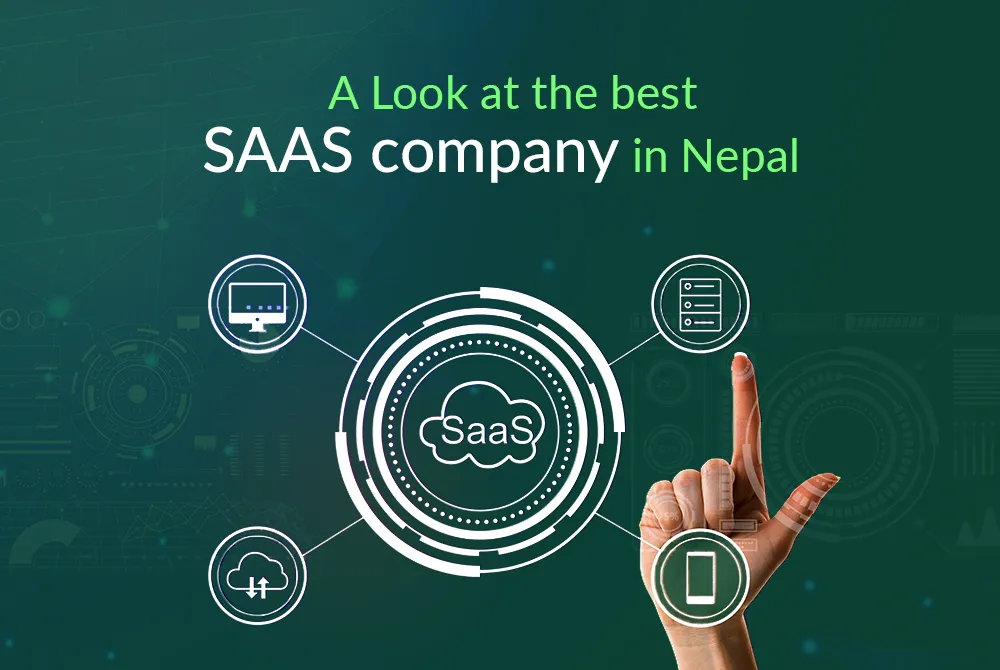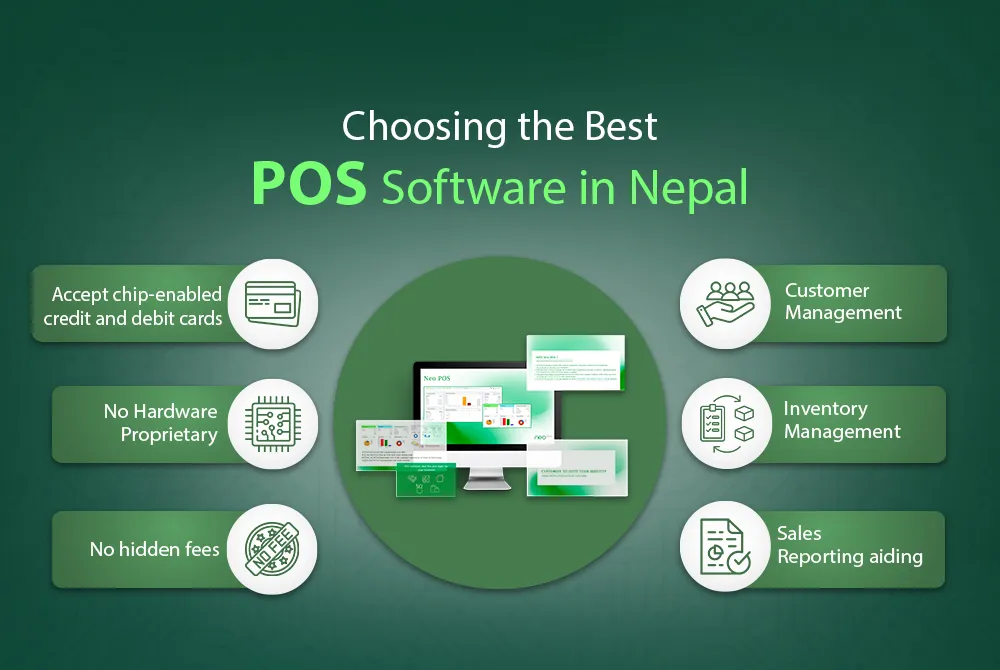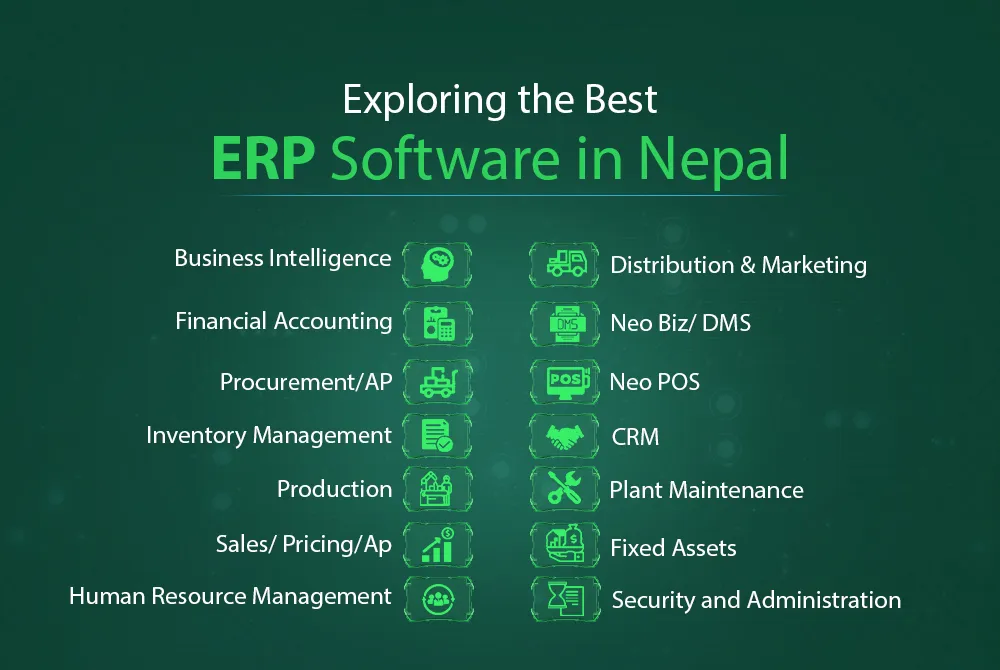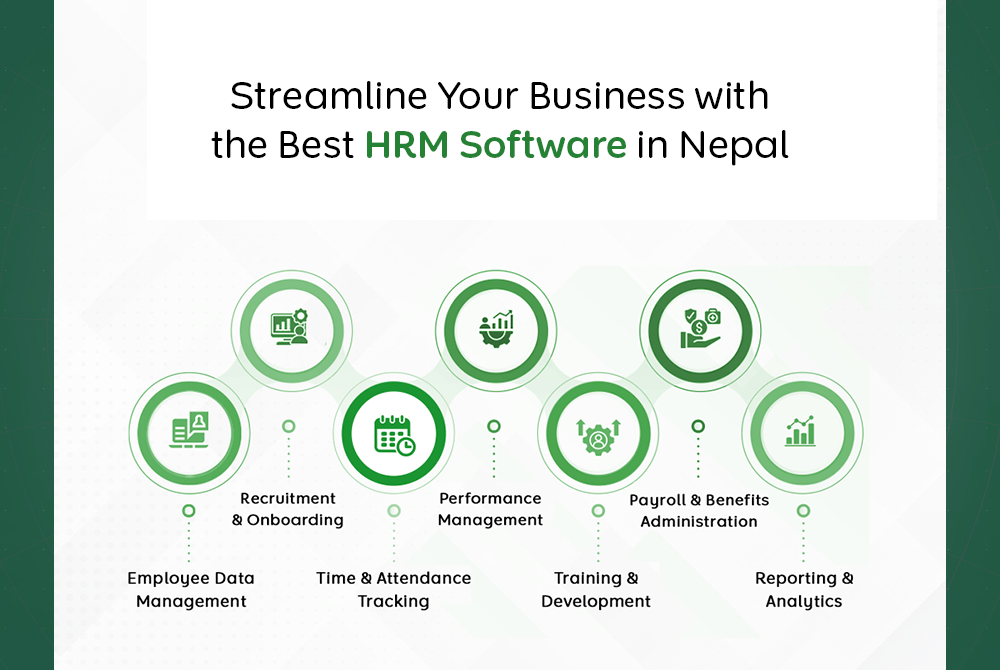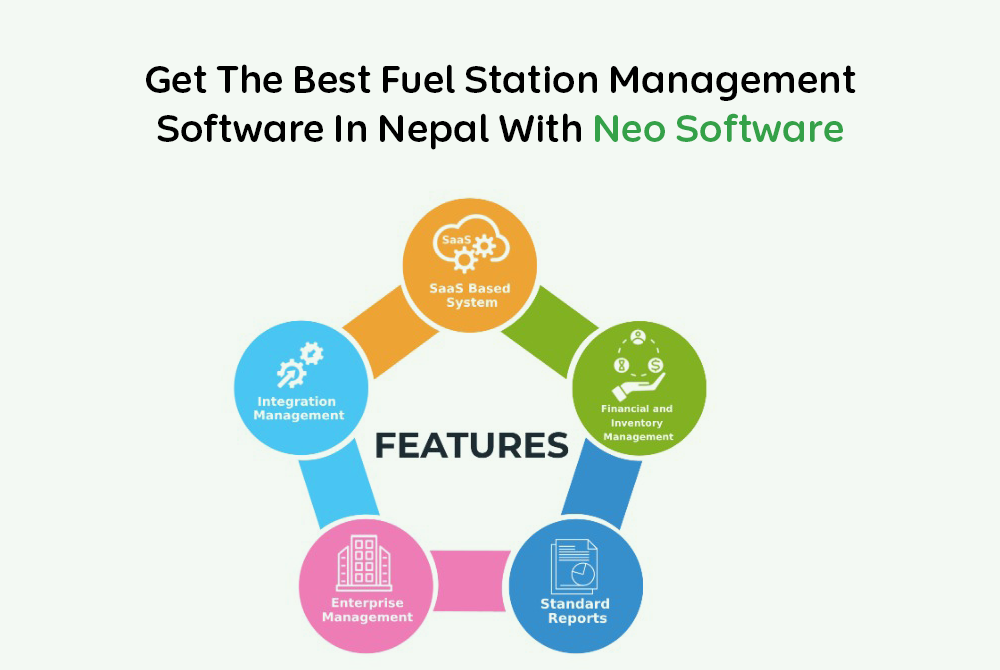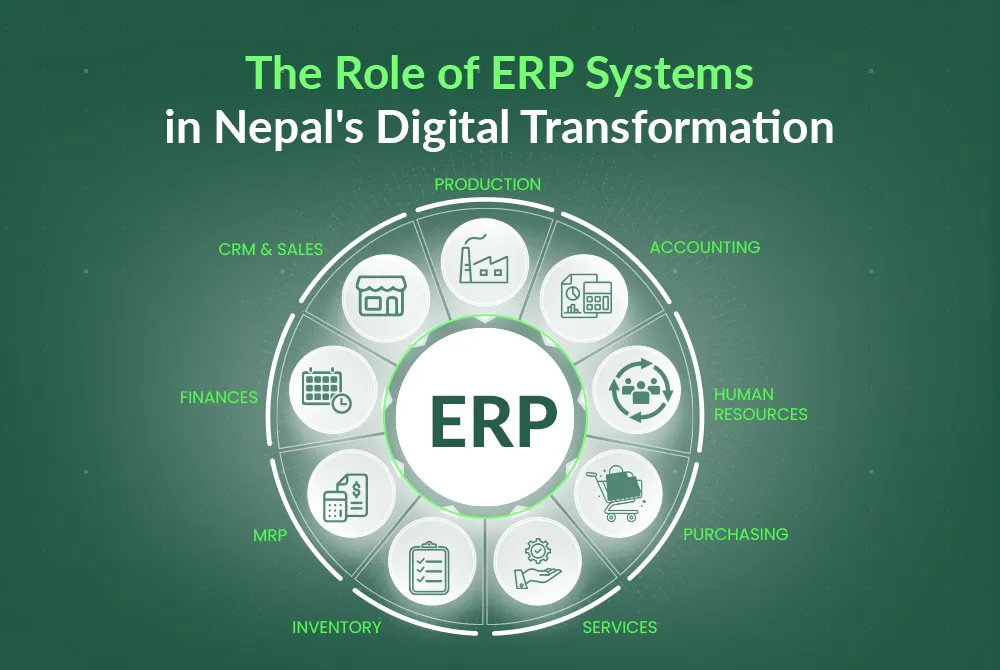
The Role of ERP Systems in Nepal's Digital Transformation
6/12/2024 12:00:00 AM
150 Views
ERP system is a behind-the-scenes superhero for digital transformation. It organizes all the legacy processes into digitized form with open arms. Digital transformation is a critical enabler for the success of any organization. Implementing ERP systems in Nepal promotes the country’s overall growth and prosperity.
This blog explores the role of ERP systems in Nepal's digital transformation.
Table Of Contents:
Features and Benefits Of ERP System
Scalable and Customization
Tracking and Reporting
Reduces Cost
Enhance Decision-Making
How ERP Systems in Nepal Facilitates Digital Transformation
Integration and Streamlining of Processes
Automation
Centralized Data Management
Future-Readiness
AI In Synergy ERP And Its Features
Conclusion
FAQS
Features and Benefits of ERP System
Let’s explore the features and benefits of an ERP system.
Scalable and Customization
Scalability is the ERP’s ability to handle growth and changes without compromising your organization’s performance. Scalability manages processes and optimizes resources to ensure higher productivity. Customization is the ERP’s ability to reshape the existing process to meet the specific needs of any organization. Adapting changes provides long-term value and control over functionality.
Tracking and Reporting
ERP systems in Nepal track Key Performance Indicators (KPIs) measuring the performance of organizations over time. It guides you on how your organization is performing and identifies the areas of improvement. ERP systems have accurate and up-to-date data and information. It generates reports based on real-time visibility. These reports enhance business value and improve operations.
Reduces Cost
The ERP system reduces the manual process. Manual processes are time-consuming and have the risk of error. Handling errors can be expensive. It requires more costs to produce the reports. Data duplication consumes more space, leading to inefficiencies and increased costs. Employing an ERP system automates the manual process and ensures it is less time-consuming leading to cost savings.
Enhance Decision-Making
ERP uses facts and metrics to make decisions. It identifies the customer patterns or market trends. This helps to make a more informed decision and deal with changing market conditions. Real-time data analysis enhances the risk management process and makes strategic decisions.
How ERP Systems in Nepal Facilitates Digital Transformation
ERP systems in Nepal facilitate digital transformation.
Integration and Streamlining of Processes
Integration and streamlining of processes bring multiple functions and operations into a single entity. This reduces the need to work on various tasks simultaneously. It improves process efficiency and collaboration and enhances data visibility. Using technology, together they aim to increase operational efficiency and agility.
Automation
ERP automation integrates various technologies such as AI and ML into ERP systems. This integration enhances every business process. Let’s clarify this with an example. Some of the examples where automation can be seen are:
-
Purchase orders
With ERP, when someone needs to buy something, they create a purchase order (PO) in the system. The system sends the PO to the relevant stakeholders for approval. Once this process is done, the system automatically sends the PO to the supplier.
-
Finance and Accounting
Automating finance and accounting ensures everything is paid on time. It handles finance and accounting tasks efficiently by tracking all your financial affairs.
Centralized Data Management
ERP stores and manages all data in a single unit. This decreases data redundancy and ensures data security. With centralized data management, data can be seamlessly transferred from one computer to another. It makes monitoring and controlling data use and protection easier, ensuring innovation, efficiency, and competitive advantage.
Future-Readiness
Future readiness is ERP’s ability to anticipate and alter external changes. It is divided into 7S.
-
Strategy
Before starting the ERP system, it is important to have the proper strategy that allows the business to achieve its goals. It is being sure why we are using an ERP system.
-
Structure
It checks if the company fits with how the ERP system works.
-
Systems
It determines whether the company’s technology fits with ERP systems needs.
-
Style
This means different departments in the company can use tools to work together and present new ideas.
-
Staff
It looks at whether the staff are willing to accept the changes and learn new ways of doing things.
-
Skills
It evaluates how skilled the company’s staff are in two important areas: IT skills and User Skills
-
Shared Values
It refers to the degree to which stakeholders agree on how important ERP implementation is for meeting the company’s objectives.
AI In Synergy ERP And Its Features
Synergy ERP integrated with AI ensures maximum efficiency and allows you to stay ahead in today’s competitive business world.
Neo Software: Pioneering Progress Since 2002, Now with Synergy ERP's AI-infused Mobile Experience!
A Leader in AI-Integrated ERP Solutions in Nepal. Here is work AI enhancing Synergy ERP.
-
Natural Language Processing (NLP): EVA responds to text or voice interactions
-
Basic Reports for Mobile App (Sales Report)
-
Neo-Assistant for Neo ERP for Basic sales reports
-
Chatbot as a Functional Consultant for both Mobile App and Neo ERP
-
Neo-Analytics for Neo ERP for reports
-
Invoice Management using AI for Mobile App
Conclusion
Fostering technological advancement, the growth of the ERP systems in Nepal adds to the country’s progress. Every company will require ERP systems at some point in their life cycle. Only employing ERP systems helps to achieve goals and sustain longer making better decisions. We, Neosoftware ensure a successful implementation of ERP systems in Nepal for empowering your business in this digital area.
FAQS
What is the role of ERP systems in Nepal’s digital transformation?
Digital transformation is a critical enabler for the success of any organization. ERP systems organize all the legacy processes into digitized form with open arms. It promotes the country’s overall growth and prosperity.
What are the benefits of an ERP system?
The benefits of ERP systems are enhanced decision-making, increased efficiency, customer satisfaction, reduced cost, etc.
Which company is considered the best for providing ERP systems in Nepal?
Neosoftware is considered one of the best providers of ERP systems in Nepal with an AI-infused Mobile Experience.


